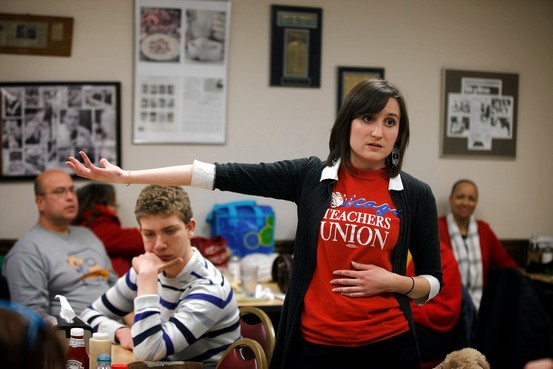Anti-Standardized Testing Sentiment Spreads
< < Go Back
Lawmakers in several states are looking to limit the amount of standardized testing, says the Wall Street Journal.
An unusual coalition of Tea Party activists and progressive teachers has developed in opposition to standardized testing. The Tea Party opposition to the tests is largely directed at the controversial Common Core standards that 45 states have adopted, while progressive educators argue that tests drain teaching of creativity. As school districts begin firing and evaluating teachers based on test scores, teachers unions are beginning to oppose Common Core as well.
Across the United States, 179 bills related to K-12 testing have been introduced this session, but testing proponents urge the necessity of tests to gauge student performance and hold educators accountable.
– Five national anti-testing groups just launched “Testing Resistance & Reform Spring 2014” last week to provide templates for local protests and advocate for policy changes.

– Teachers at two public schools in Chicago refused to give a state-mandated exam recently, “taking a stand against testing, against using them to close down our schools and fire good, experienced teachers,” according to Chicago special education teacher Sarah Chambers.
Standardized testing became much more important with the advent of No Child Left Behind, the 2002 law that mandated math and reading assessment from 3rd grade to 8th grade, as well as in high school. Schools that failed to make progress with student testing could face various sanctions.
– The Obama administration offered $4.35 billion to states as part of its Race to the Top initiative if states agree to certain policy changes, including linking teacher evaluations to student test scores.
Department of Education spokeswoman Dorie Nolt said that while she believed some schools were undoubtedly testing students too much, completely getting rid of standardized testing only hurts the most vulnerable students. “A yardstick isn’t optional,” she said. “When we fail to consider kids’ measurable progress, it’s the most vulnerable who get hurt most.”
More From NCPA:



